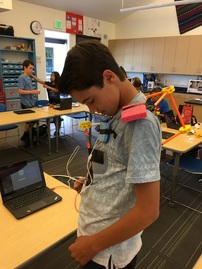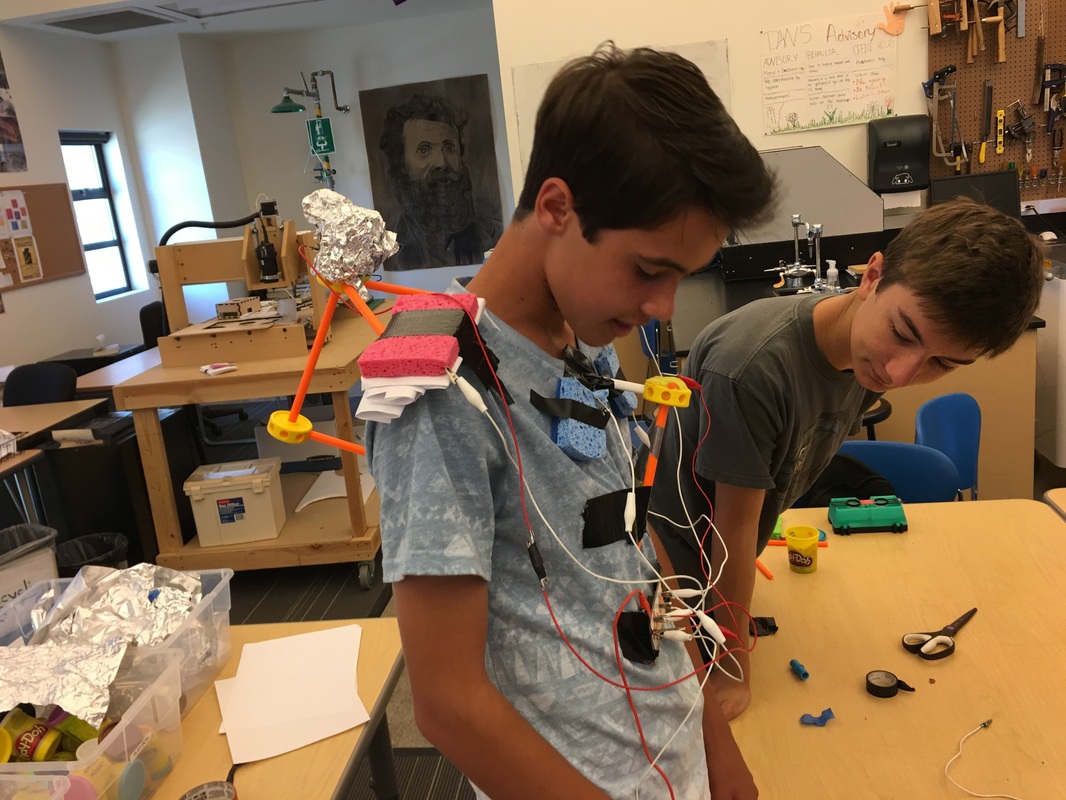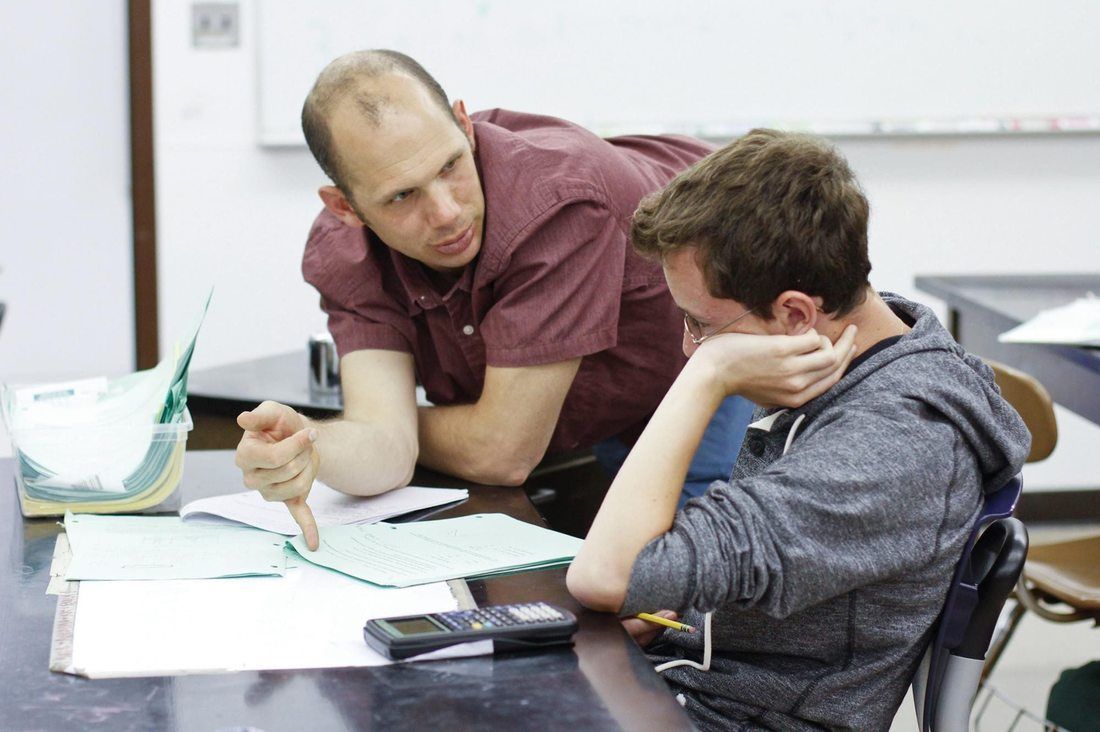|
|
|
In addition to my vocation as a High School Science teacher, this summer I spent three weeks facilitating science camps for elementary age students. Planning, organizing and teaching science camps has always been a small, but very fulfilling part of my work as a teacher during the summer time. This summer I decided to organize and formalize the process and launch my own series of camps. Click here for more information and media from each camp.
In the past, although very rewarding, science camp was full of engaging activities that lacked meaning in the world outside of the classroom. Activities such as "BattleBot" competitions, Roller Coaster construction and Robot "Tug-of-War", while rich in problem-solving/design strategies, were poor in their ability help campers make connections between their experience in camp, and the power of such devices to create greater good in the world. One such device, the MakeyMakey, has been an integral component to every science camp I am involved with. The MakeyMakey is an incredibly powerful device that triggers computer actions using any type of conductive material. The below video provides more information about the MakeyMakey along with specific examples. As the video so clearly demonstrates, the MakeyMakey is an engaging piece of technology with incredible potential as a tool for budding inventors. Click here to hear Jay Silver, share more about the implications of MakeyMakey in education. Also evident, is the tendency, especially for the young campers (5th-8th graders), to leverage the MakeyMakey as a video game controller. Why wouldn't you? Playing Mario with PlayDough, Pacman with graphite from a pencil, and Flappy Bird with a banana is awesome! Moreover, game controller development provides an engaging entry point for introducing young learners to an engineering/invention design cycle. Keeping the above in mind, what has always inspired me about the MakeyMakey, is not it's ability to to transform objects into game controllers, but how it redefines the way in which we can interact with our computer and the world around us. Jay alludes to this potential in his TED talk when he talks about the father who used MakeyMakey to create a device to help his son with Cerebral Palsy control his computer. This has implementation has always inspired me and it has always been my intention to flow from a game design invention cycle in a typical Day 1 of camp, to an invention cycle where campers use MakeyMakey to design assistive technology for individuals with physical disabilities in Day 2. However, although cognitively dissonant, camper's deep engagement with using MakeyMakey as a game controller often proved to be a roadblock in motivating them to tackle different, more serious applications. Serendipitously, as I began my planning for camp this, I stumbled across the below video by Tom Heck who works with Jay Silver in the MakeyMakey education department. Tom was inspired by MakeyMakey's potential as an assistive technology tool to help empower students with Physical Disabilities. Subsequently, Tom developed an incredible program where he empowered students to design, prototype, refine and deliver MakeyMakey based assistive technology devices for targeted to the specific needs of actual individuals. See the below video to learn more about Tom's work. I love the way Tom formalized the use of the MakeyMakey as as powerful assistive technology device, while also acknowledging and leveraging its power as a fun piece of technology to do such things as a play computer games. Inspired by Tom, at this year's camps I began, not by showing the MakeyMakey introduction video embedded above, but by showing Tom's TEDx talk. I followed Tom's talk with a brief introduction to the MakeyMakey and challenged campers all to build a PacMan controller. The video game application allowed campers to familiarize themselves with the MakeyMakey playing a video game, but because they all played the same, somewhat outdated game, it was clear that there was a greater purpose to the activity. Following the development of the PacMan controller, I immediately gave campers the following challenge: Using the MakeyMakey, build a device that will allow a person with Quadriplegia to control their computer effectively and efficiently. Up, down, right, left, click and space motions are required. Unlike Tom's students, my campers will not directly deliver the device to an actual individual. However, following Tom's TEDx talk with this prototyping activity proved to be very powerful for both the campers and myself. A completely different, more action-oriented, tone to all the subsequent camp activities was set. Pictures of a few different assistive technology prototypes from are shown below. This activity has completed reframed the way I see the purpose of summer science camps, and has inspired me to take the prototyping phase to the next level and recreate Tom's project with my students in our Intercession course next year at Sonoma Academy. Moreover, this activity has provided yet another reminder that teaching is not only about content, but about WHEN you teach specific content. |
Categories
All
Archives
March 2024
|



 RSS Feed
RSS Feed